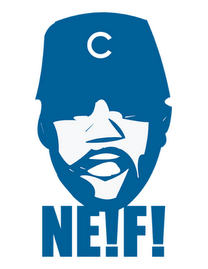Charter to Snoop on Broadband Customers' Web Histories for Ad Networks
Wired, May 13, 2008
By Ryan Singel
Charter Communications, one of the nation's largest ISPs, plans to begin eavesdropping on the web surfing of its customers, in order to help web advertisers deliver targeted ads.
In letters being sent to some of its 2.7 million high-speed internet customers, Charter is billing its new web tracking program as an "enhancement" for customers' web surfing experience. The letters were first reported by a BroadbandReports.com user on Sunday. The pilot program is set to begin next month.
"Browsing the web can become more like flipping through your favorite magazine, where you see ads that are appealing to you and enhance your enjoyment and the utility of the experience," the company's letters read...
Charter plans to test its program in four markets: Ft. Worth, Texas; San Luis Obispo, California; Oxford, Massachusetts, and Newtown, Conneticut, according to Charter Vice President Ted Schremp.
He described the system as capable of noticing when a user visits Honda.com or Toyota's website, for example, so that when the user visits unrelated sites, he or she will be treated to automotive-related ads.
The company is aware of the privacy and transparency concerns, according to Schremp, but believes the program will benefit its customers and its own bottom line.
"The fact that we sent customer notification letters is indicative of the approach we are taking overall," Schremp said. "This is just another example of leveraging the latest technology."
Charter is partnering with a company called NebuAD to build profiles of its users. NebuAD will share the behavioral tracking results with third-party advertising networks like DoubleClick. Users can opt out of the system, but have to give their full name and address to get an opt-out cookie. The process would have to be repeated for every browser on every computer in a home to block the service, and would have to be reset if cookies are ever deleted.
Charter is entering tricky territory with the program, which effectively turns the ISP into the ultimate third-party tracking network. Conventional ad delivery networks like DoubleClick use a third-party cookie to build profiles of users across different websites, but can only track visits to sites that serve the company's ads. In contrast, Charter will know every URL its customers visit.
Subscribe to:
Post Comments (Atom)
























No comments:
Post a Comment